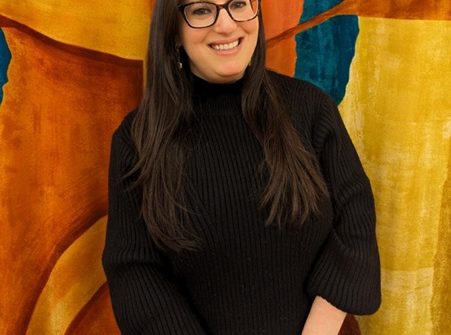“Because of our traditions,
We’ve kept our balance for many, many years.
Here in Anatevka we have traditions for everything…
how to eat, how to sleep, even, how to wear clothes.
For instance, we always keep our heads covered
and always wear a little prayer shawl…
This shows our constant devotion to God.
You may ask, how did this tradition start?
I’ll tell you – I don’t know. But it’s a tradition…
Because of our traditions,
Everyone knows who he is and what God expects him to do.”
Chaim Topol was not only on of the greats of Israeli theatre and Cinema, but was beloved around the world. He died at 87 on the 9th of March, and suddenly his most famous role, Tevye from Fiddler on the Roof, seems to be in my head a lot – talking to me almost as Tevye chats to God. Tevye, like us, lived in uncertain times. Perhaps, like Tevye, you have also wondered “How do we keep our balance?”
Tevye’s answer to that Question?
“That I can tell you in one word: TRADITION! … Without our traditions, life would be as shaky as…as…as a fiddler on the roof!”
I certainly think tradition has an important role to play when things feel a little shaky. They can be stabilising and comforting. But as Charlie has been learning over the last 18 months, we don’t do things JUST because of tradition – that may play a part, but it’s not the be all and end all! If, like Tevye, we don’t know why, can it really mean what it needs to to last?
Pesach, now just 3 weeks away, is the time that the highest number of Jews engage in some kind of Jewish tradition. They may not kosher everything, they may not have a full seder, but it is a night of gathering, and of family traditions that differ from country to country and from table to table.
The torah portion that Charlie read so beautifully for us this morning has an interesting angle on this idea of Tradition. Those who contributed to the building of the desert community centre – the Mishkan, the focus of their religious life, gave a variety of gifts, given, it says, by ‘all whose hearts moved them’. As Reform Jews, the idea that our heart has to be in it is really key, and I hope will be a core part of what keeps Judaism meaningful to both Charlie and baby Leo who we will be blessing shortly, as they both grow into their Judaism.
We value the choices we make in order to make our Judaism meaningful, sometimes making decisions with our intellect, sometimes with our heart, often a mixture of them both. In some ways this is the lesson that Tevye the milkman unwillingly learns in Fiddler on the Roof – he wants his daughters to do as he and Golda always have – follow tradition! But one by one they push the boundaries, choosing love matches and making life choices that are right for them, but might not sit quite in the camp of Tevye’s choice to rely on the ways he assumes have always been done.
Tevye of course has a very small view through the window of history. What practicing tradition looks like has varied from decade to decade, and from place to place throughout Jewish history. Judaism has never stood still and is built on the challenge and opportunity of every generation having permission to ask ‘what does this mean to us today? How do we do this now?’.
What we consider traditions today, will differ from family to family (seder is the exemplar of this!) let alone country to country. And we know that where we are able to really connect, to put our heart into something, it’s meaning increases and its continuity is much more likely. In the second half of the 20th Century many people felt an imperative to keep their own Jewish traditions alive because of the history they had witnessed, the sequel to the pogroms depicted in Fiddlers Anatevka. Today it is increasingly important that we remember what our Judaism can mean to us, how it’s rituals and teachings can support in walking life’s journey, rather than assuming it will continue regardless, because, [sung] ‘TRADITION… tradition’.
So this Shabbat I am hoping that Charlie, Leo and all of us, are able to walk the path of heartfelt tradition, and that our traditions are bought to life for us because our hearts are put into them and connect us to one another. They can also connect us to the past, but more importantly they should empower us to live the lives we have as well as we can.
Cain Yehi Ratzon, may this be God’s will
Venomar Amen



